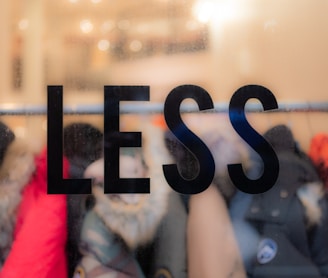Borrow More To Repay Less
Before making the decision to borrow, its so important that you only borrow what is needed. What you can budget for. What is affordable.
However … in the area of personal loans, the more you borrow, the lower the interest rate - and this happens at certain specific amounts, where the rate steps down. Get your head around this and you could pay less even if you borrow more.
Be very careful with any new borrowing. Ask yourself if you really need it - if not, don't do it. If you do, then do a budget to ensure you can afford the repayments. Aim to repay as quickly as you can, as that cuts the cost too.
Here’s an example
Borrow E2,999 at 13.5% over 5yrs = E69/mth, a total of E4,140 repaid.
Borrow E3,000 at 9.9% over 5yrs = E63/mth, a total of £3,815 repaid.
So the first thing to do is to work out how little you need to borrow - try to minimise it. Once you've got that sum, check if you're near one of those interest rate steps where borrowing a little more saves you cash.
Here are a few additional examples with a local provider:
Borrowing over E2,770 (at 13.5%), you'll pay less if you borrowed E3,000 (at 9.9%).
Borrowing over E4,710 (at 9.9%), you'd pay less if you borrowed E5,000 (at 7.3%).
Borrowing over E7,260 (at 7.3%), you'd pay less if you borrowed E7,500 (at 5.9%).
But be careful. It's easy to do these calculations in theory. The bigger issue is if the lender decides to charge you a higher rate than advertised. Of course, borrowing more at a much higher rate is a mistake.
A golden rule - if you do get a loan, ensure you pay on time (preferably by Direct Debit) or you may be charged and get a missed payment on your credit report, which can cause real problems.


Contact
moneymattersdonegal@outlook.com
Aidan Kelly
